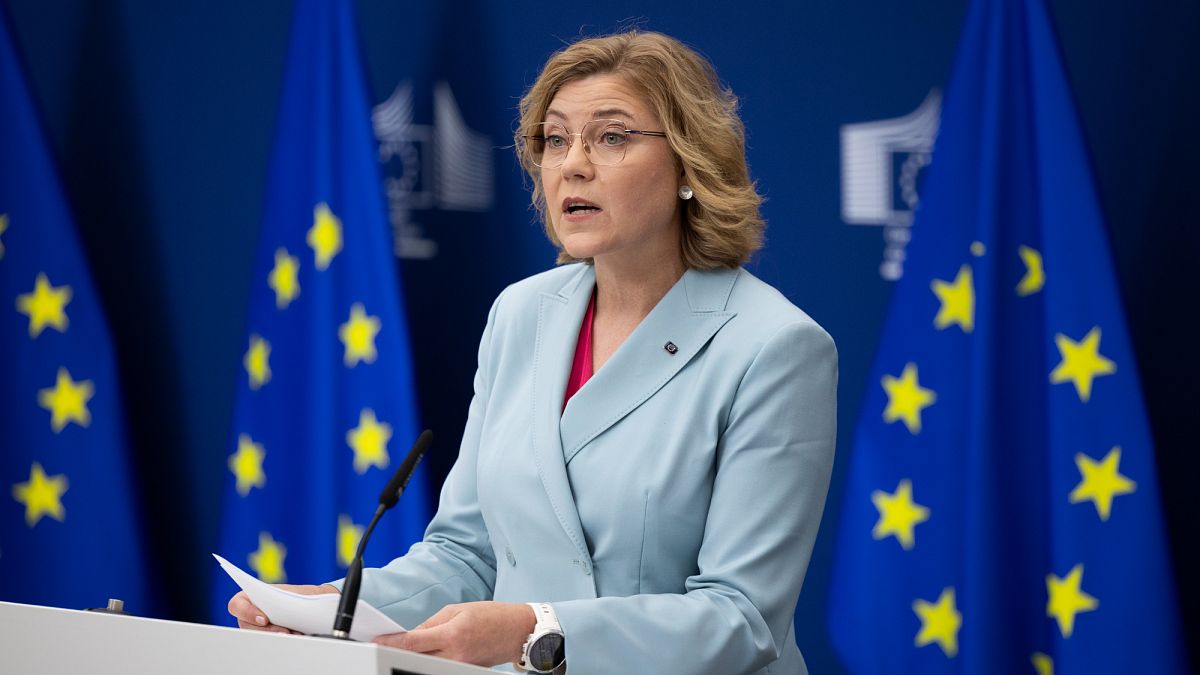

The world of technology is advancing at a brisk pace, with various regions making significant strides in innovation and development. Recent initiatives, particularly in the European Union and China, are paving the way for groundbreaking changes in quantum computing, biotechnology, and artificial intelligence (AI), showcasing a harmonious blend of ambition and innovation.
One notable step forward is the European Commission’s launch of its first quantum strategy. This well-defined plan is designed to bolster the European Union’s capabilities in quantum computing, an area that holds immense potential for transforming sectors such as healthcare, defense, and cybersecurity. The initiative aims to create a unified effort across member states, fostering innovation and positioning the EU as a leader in the global tech arena. By focusing on collaboration and shared knowledge, the strategy seeks to lead the way in this transformative field, ensuring that the European Union stays ahead in the race for technological leadership.
As advancements in quantum technology elevate the prospects in various sectors, there is also a need to address the challenges that accompany them. The EU has recognized the potential risks associated with quantum technology, particularly in the realm of cybersecurity. With the goal of enhancing security infrastructure, there is a concerted push for critical systems to transition to post-quantum security measures by 2030. This proactive approach signifies a commitment to safeguarding information and infrastructure against potential threats, providing a secure foundation for the technological advances to come.
Meanwhile, the realm of biotechnology innovation is also gaining momentum in Europe. The head of the EU’s pharmaceutical lobby has called for the establishment of a life sciences-focused stock market, inspired by the U.S. Nasdaq, to sustain and elevate biotech innovation within the region. This new market could serve as a pivotal platform for retaining investment and encouraging growth in the biotech sector, further solidifying Europe’s position as a hub for cutting-edge scientific progress. The development of such a marketplace reflects the EU’s broader strategy of fostering a conducive environment for research and innovation, attracting talent and capital, and nurturing homegrown solutions to global challenges.
While the European Union is making strategic moves in quantum and biotech sectors, China is also making its mark in the field of AI. Recently, China hosted its first fully autonomous AI robot football match in Beijing. This futuristic event featured humanoid robots autonomously playing in a three-a-side game, an endeavor that highlighted both the potential and the limitations of current AI technology. Though the robots found it challenging to maneuver and maintain balance, the match represented a significant achievement in robotics and AI, marking the advent of a new era where technology augments traditional activities. This spectacle of innovation illustrates how AI is being seamlessly integrated into diverse aspects of life, heralding a future where human creativity and technological prowess exist in harmony.
The global landscape of technology is evolving at an unprecedented pace, driven by strategic initiatives and ongoing innovation. The European Union’s focus on quantum and biotech, along with China’s advancements in AI, underscores a world where technology is not just a tool but a transformative force, enhancing lives, and addressing critical challenges. As countries and regions continue to pioneer new technological frontiers, sharing insights and fostering collaboration will be key to realizing the full potential of these groundbreaking advancements.
Source: {link}
